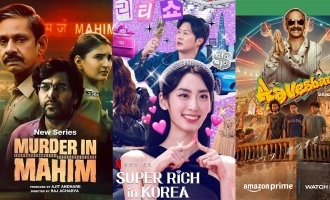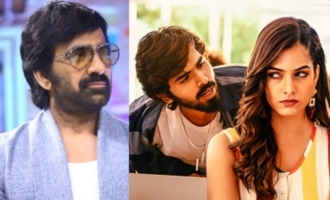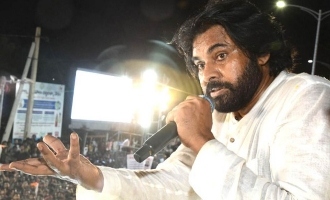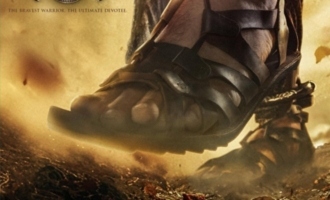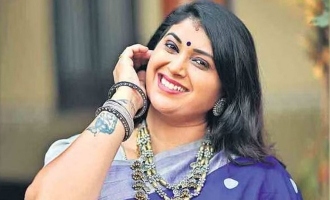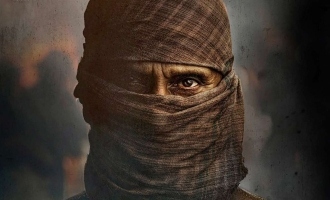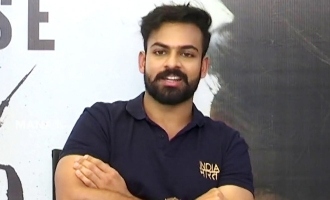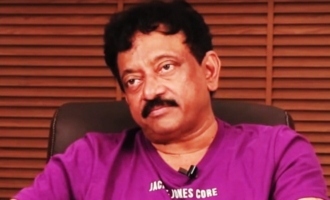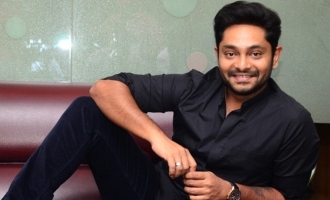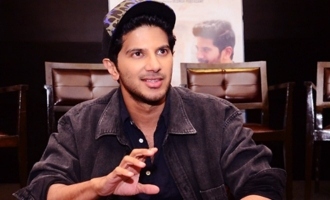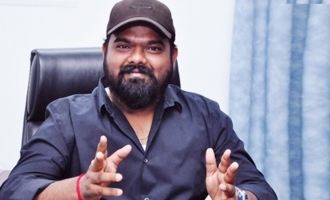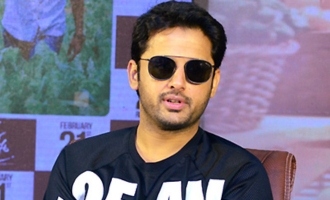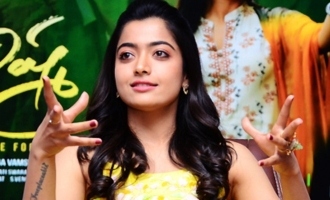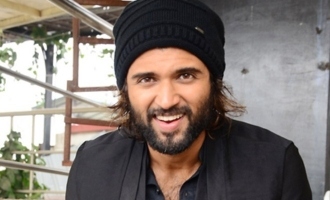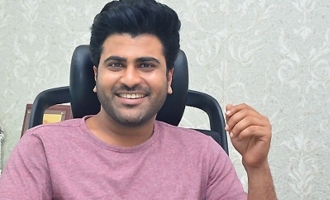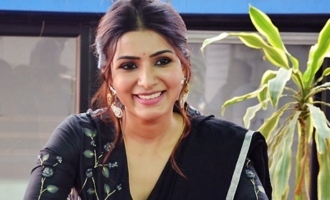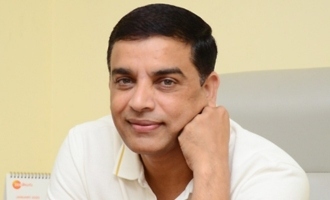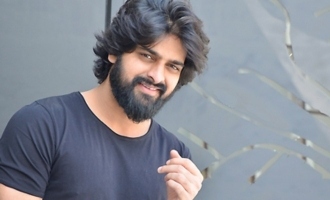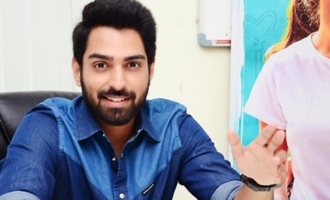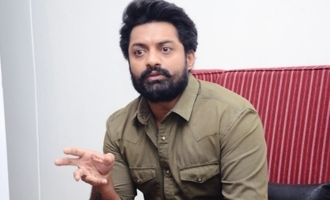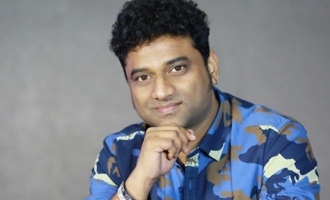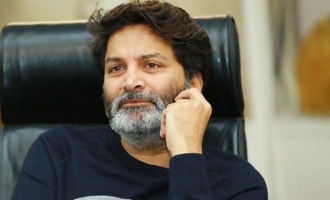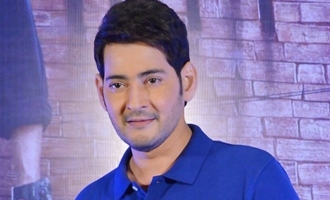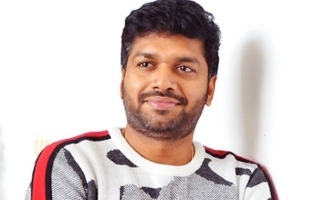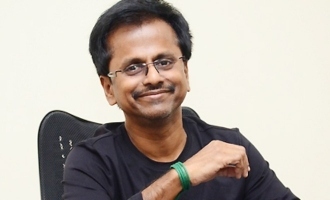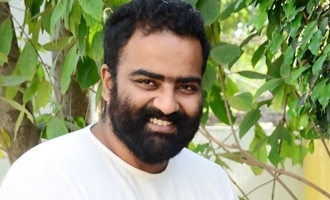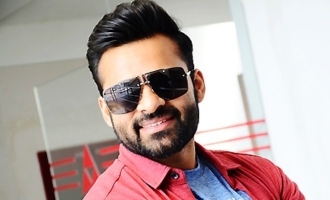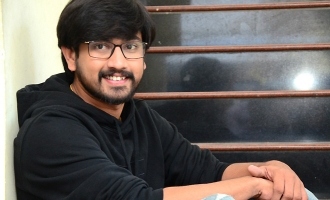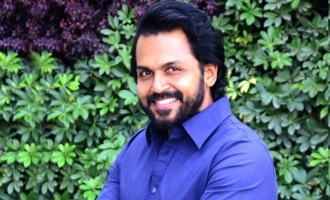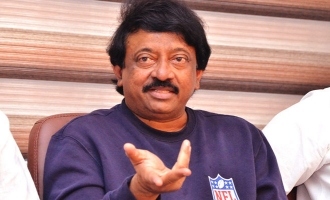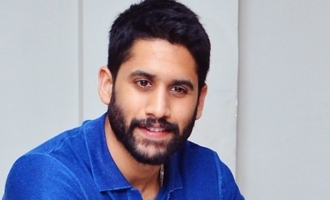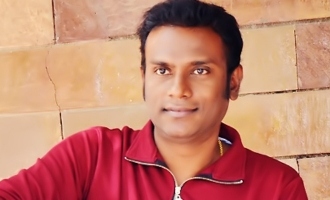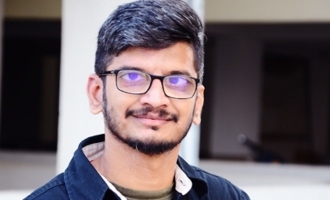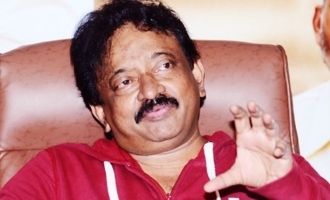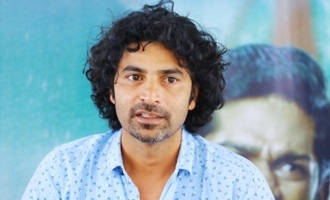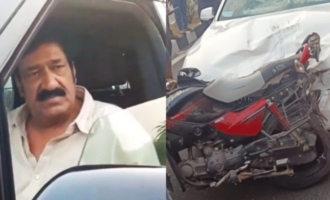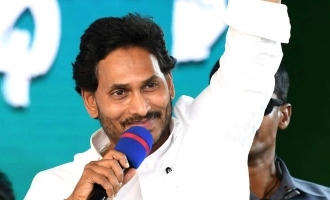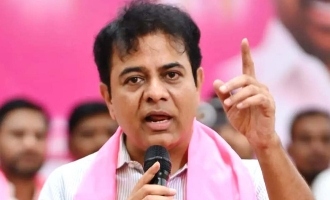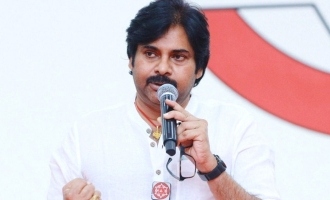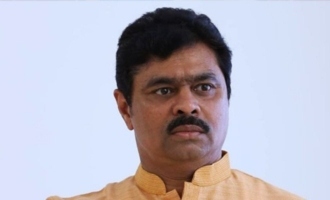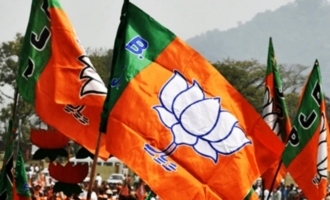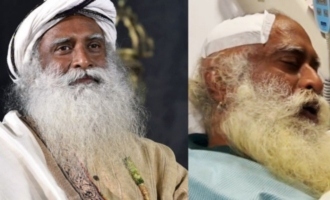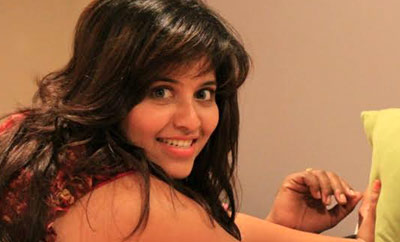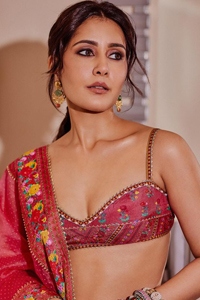That's why I don't read reviews: Gautham Menon [Exclusive Interview]


Send us your feedback to audioarticles@vaarta.com


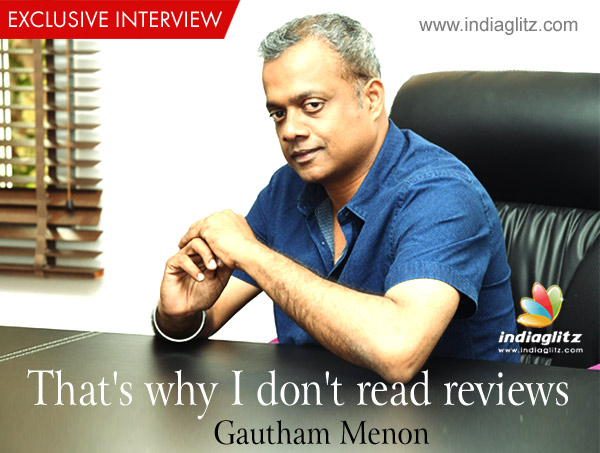
Gautham Menon's new release 'Sahasam Swasaga Sagipo' has been received well by the young among the audiences. In this exclusive interview with IndiaGlitz, the critically-acclaimed and one of the finest South Indian directors talks about various comments on the film at length. He also talks about why he doesn't read reviews. More interesting stuff ahead. Read one:
You have said that 'SSS' was meant to make the audience clap and whistle? What exactly do you mean by that?
Somewhere, I wanted to go to the next level. The first half is not an out-and-out mass commercial film of the kind made in Telugu and Tamil. There are a lot of conversations between the hero and his friends, hero and his parents, hero and the girl. There are four beautiful songs and a nice intro kind of song. My writing was aimed at making people smile through all this. The second half is meant to take people on a thriller ride. I wanted to handle it as two genres only because there are two halves. Otherwise, it's one journey of a character. In everybody's life, there is love, there is sorrow, there is melancholy. And there might be danger as well. When someone hits your vehicle and question him on that, he might hit you. That's violence. So, life is not just love, emotion, friendship; there is violence also.
When someone described 'SSS' as 80 per cent world cinema and 20 per cent Telugu cinema (that is, the climax), how did you see it?
I find all that funny, but quite interesting as such. With the climax, the idea was to bring in a little bit of crowd applause when the hero walks in the climax. The backstory as to why the girl goes through all these problems didn't seem so important to me. Her story is mentioned in the form of a dialogue by the hero.
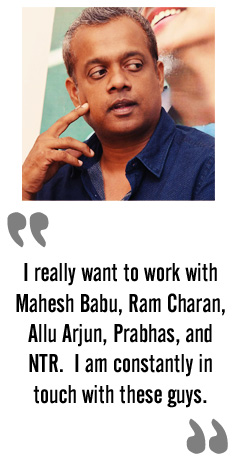
Although it's for the heroine that the hero fights, why are there no scenes involving the heroine and her parents?
That's because the film is from the hero's point of view. That's why you don't see what happens beyond his purview. It all starts with the hero's narration. My camera is only on the hero. Till that point in the second half where you see the bad cop and his activities, it's all hero-focused, exclusively. She mentions a few things about her life, of she being the only child, she being bored in her house and how she likes being at the hero's house where he has two sisters, etc. Somewhere, she mentions that she wants to be a writer with his sister. By the time the hero sees her parents for the first time, they are grievously injured; father is almost on life support, mother is badly injured. At one point, the heroine says, "My mother is not able to figure out what is happening."
How do you feel when critics nitpick about your movies?
I don't think the audience have any issues. It's only the critics; that one person who gives his opinion, which is fair. It's his job. If I am going to be afraid of the criticisms that my films get, I am never going to make films. I will have to sit in my house. And even there if I make a dosa, my wife may feel it hasn't come out well. I won't be able to do anything in my life. I am not affected by the reviews. How the audience as a collectivity feels about a movie is important. If out of 100 people in a theatre, 60-70 people like your film, you are there.
After 'Ekk Deewana Tha', Mani Ratnam told you not to read the reviews. Have you started reading them after all these years?
No, I haven't. I get to know about a couple of comments when people forward me some random stuff like the first half is class, the second half is mass, etc. I don't read the reviews because it somewhere affects my work. If some critic doesn't like a movie, I can't keep his criticisms in mind the next time I am making a film. Even if someone writes a great review about my film, I don't want to be affected by it.
You once said that you go on the floors without writing the last 30 per cent of the movie. Isn't it a dangerous thing to do?
I know it's not the right way to do the things. I haven't done like this with all my films. 'Gharshana' and 'Kaakha Kaakha' were full-bound scripts. What I kept open was only the last scene: Should Jyothika be kept alive or not? After she is shot, what happens to her? In the Telugu version, they (Venkatesh and Asin) are happy together in a car. In Tamil, it's Suriya alone in the house. 'YMC' was a full-bound script when Chay walked into the project. In the case of 'Vettaiyaadu Vilaiyaadu', I had 60 to 70 per cent of the script ready with Kamal sir. By the time the shoot began, I had to complete the script because you can't shoot with Kamal sir without having a clue about you are going to do? Even in the case of 'SSS', I always knew, in the end this is what the climax is going to be, this is what his journey will lead him to and he is going to walk in as this person. How he walks in, what its nitty gritties are, I wrote based on Chay's characterization in the film.
Don't you think when the film takes a 2.5 year leap toward the end, there should have been drama?
I am only looking at them as real people. Here again, I am not trying to make it into a larger-than-life commercial film. You travel with the character, at one point you don't know if the girl is alive or not, there are moments you see during the titles that reveal what happens in the end. You know obviously he took her to the doc who helped him, he goes back to the police station thinking if he can go and confront the cop, but when he sees the cop walking in and out, he feels rage, he knows he is a bad cop, he thinks 'Let me become a cop first, if I walk into the police station as a normal guy and tell him this is why I had to shoot those people, the cops are not going to listen. So what do I do? I put my identity out, write the UPSC exam, I become a police officer, go and meet the Commissioner to tell him what exactly happened, present evidence, get arrest orders and it's done. There is a slight leap of faith within a realistic scenario.
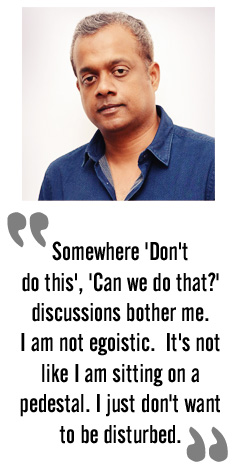
Your heroes intensely narrate their stories. Why so?
I like that style of writing. I am hugely inspired by films like 'The Shawshank Redemption' where there is a voice that
Follow us on Google News and stay updated with the latest!




 Follow
Follow